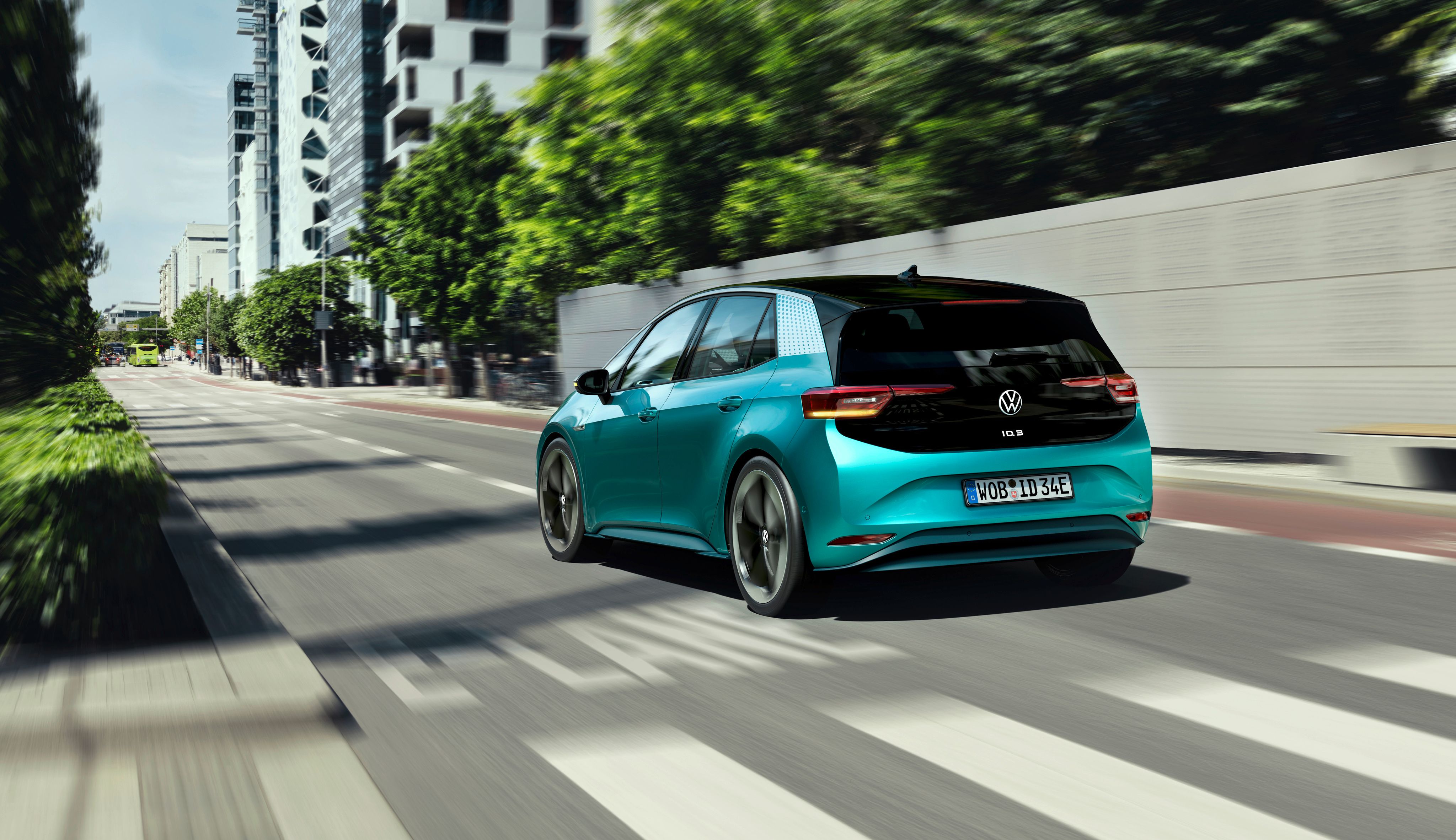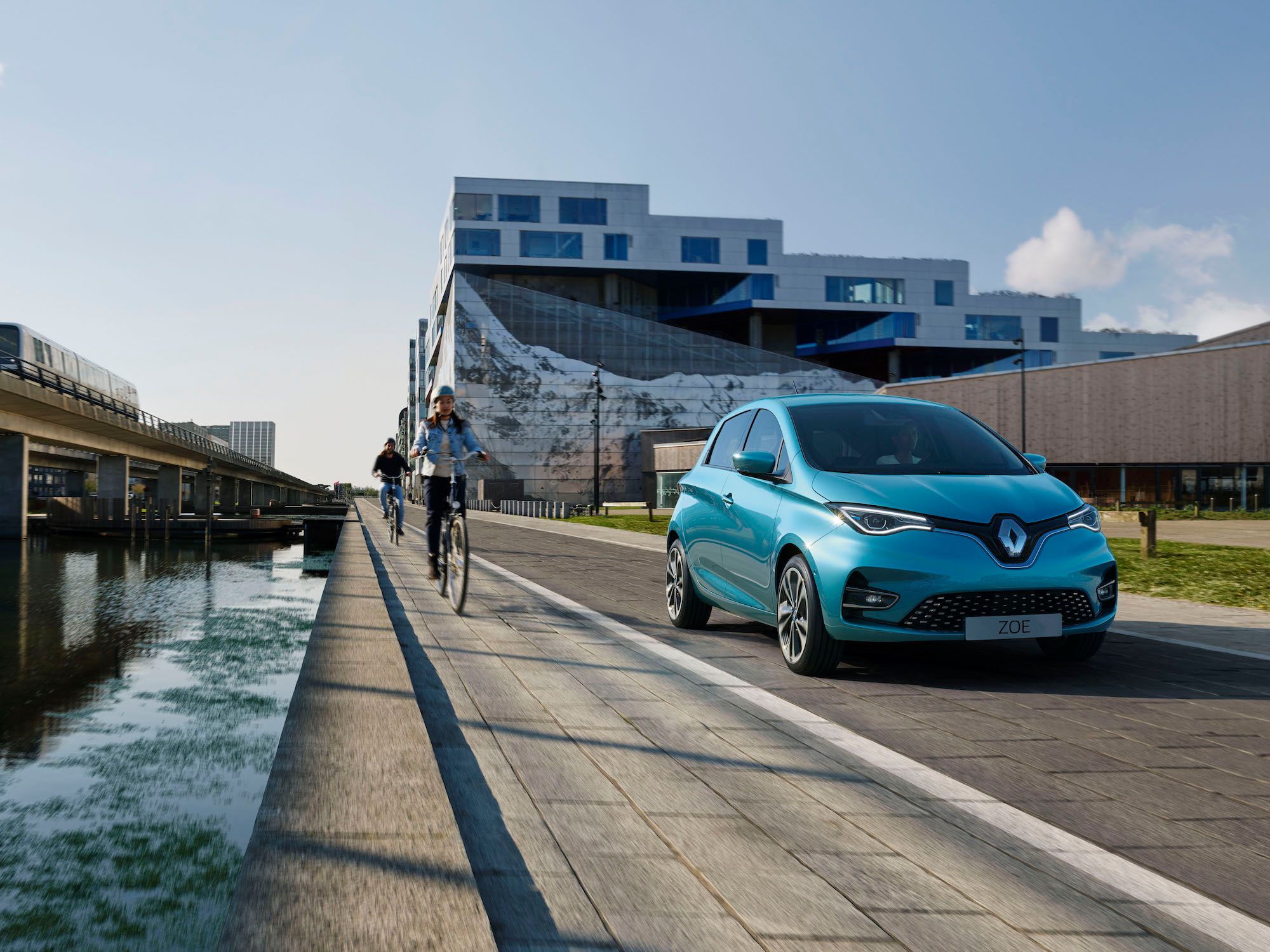The EV landscape is looking way richer than it did a couple of years ago and it's only bound to expand in the coming years. We've had our fair share of EV driving in 2020, so we had a look back and picked what we believe are the best electric cars to buy in 2021.
For the pragmatic - Hyundai Kona Electric - 400 km (248 miles)
If you're in the market for a no-nonsense EV, then you'd be wrong not to have the Kona Electric on your shortlist.
Read our full review on the Hyundai Kona Electric
For the urban warrior - Renault ZOE - 394 km (245 miles)
We picked the affordable Renault ZOE after a long debate. The other contender was the Mini Cooper SE, a wonderful take on how electricity can keep your pulse raised and the adrenaline flowing, albeit at the expense of very short battery life. That said, the EU-sold Renault ZOE looks very good and fits just right into every crammed parking space of tight back alley. Sure, the driving position is similar to a crossover's but you'll get used to it - after all, a direct consequence of it is better visibility. The ZOE also can also charge with 22 kilowatts when plugged into an AC outlet (its competitors only manage 7.4 kilowatts or 11 kilowatts at best) but the greatest bonus is that you can actually take it for a longer trip between two cities without worrying about range anxiety. That, unfortunately, can't be said about the all-electric Mini.
Read our full review on the Renault ZOE
For the performance addict - Porsche Taycan - 323 km (201 miles)
It doesn't matter what Taycan trim you pick; it will deliver aplenty as far as road dynamics go. Of course, higher-spec models border on the supercar realm and can behave downright brutal. The Porsche Taycan Turbo we drove this fall is the best proof. For a car this size, it's surprisingly easy to steer around town but outside of it is where the Taycan Turbo shines thanks to Porsche's clever chassis setup. Two e-motors produce 500 kilowatts for the Taycan Turbo (670 horsepower or 680 PS) and 850 Newton-meters (627 pound-feet of torque), so you'll be going from zero to 60 mph in three seconds and if the laws and your confidence permit it, to a Vmax of 162 mph (260 kph). Porsche had to get its first all-electric sports car right and it surely did just that with the Taycan.
Read our full review on the Porsche Taycan
For the family guy - Audi e-tron - 495 km (307 miles)
This one was a somewhat close encounter as well, with the other choice being the Tesla Model X. In the end, we opted for Audi's e-tron because of the sheer quality it offers. Not that we're too big on SUVs and crossovers around here, but the e-tron's interior just oozes quality and a high-tech vibe than unlike Tesla's, doesn't feel cold and numbed down. Also, don't be fooled by the e-tron's generous size and weight. It can go from naught to 62 mph in 5.7 seconds and up to a top speed of 124 mph (200 kph) despite tipping the scales at 5,633 pounds (2,555 kilos). And it supports 155-kilowatt DC charging so replenishing the 86.5-kWh battery will take less, letting you drive more en route to your destination. If you vector in the top-notch ergonomics and the sheer interior space, it becomes obvious why the Audi e-tron was our top pick in the detriment of the Model X.
Read our full review on the Audi e-tron
For the want-it-all type - Volkswagen ID.3 - 550 km (340 miles)
We're not saying that the Volkswagen ID.3 is the Golf of electric cars. All we're saying, after having driven it, is that it takes after the popular hatchback by ticking a lot of boxes. It's got a nice interior and in our eyes, an interesting exterior design, too. It feels youngish and it's a hoot to drive - by the way, the ID.3 is rear-wheel-driven, in case you didn't know - and it's also comfortable, as the suspension is just about perfectly tuned to deliver the best of both worlds. That is, you can have fun on twisting roads or carry the groceries and take the kids to school. The ID.3 can charge with up to 100 kilowatts when connected to a DC station, so there's no reason why you wouldn't be able to enjoy the longer road trips.
Read our full review on the Volkswagen ID.3


